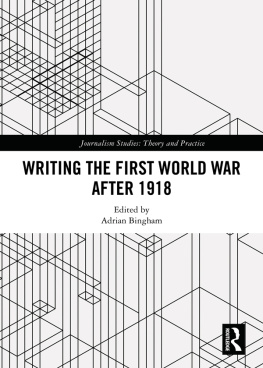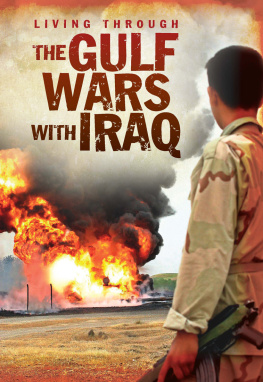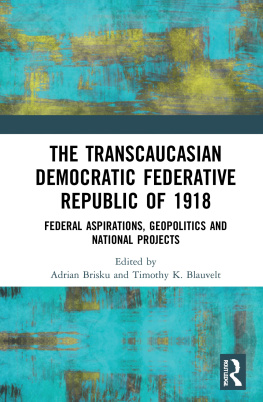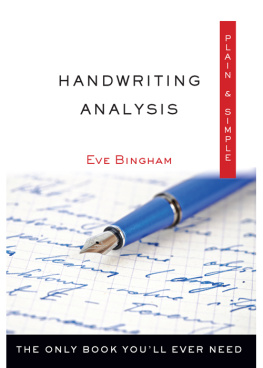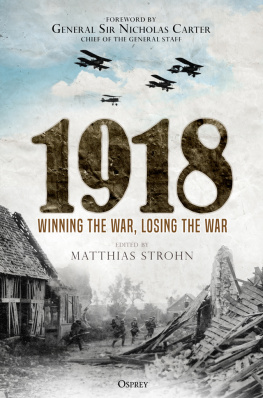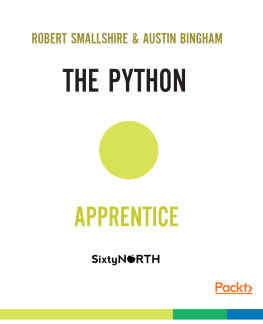Writing the First World War after 1918
This book explores how print journalism was a powerful and persistent influence on public attitudes to, and memories of, the First World War in a range of participant nations, including Britain, France, Germany, Ireland, the United States and Australia. With contributions from an international group of history, journalism and literary studies scholars, the book identifies and analyses five distinct roles played by the print media: producing and narrating histories of the war or its constituent episodes; serialising and reviewing memoirs or fictional accounts written by participants; reporting and framing the rituals and ceremonies of local and national commemoration; providing a platform for various war-related advocacy groups or campaigns, from veterans associations to early civil rights movements; and using the war as a lens through which to interpret future conflicts. This innovative collection demonstrates the significance of journalism in shaping the public understanding of the First World War after 1918, and shows how the representations and narratives of the conflict reflected the political and social changes of the post-war decades.
This book was originally published as a special issue of Journalism Studies.
Adrian Bingham is Professor of Modern British History at the University of Sheffield, UK. His research explores how the popular press has both reflected and shaped British society and culture. His most recent book is Tabloid Century: The Popular Press in Britain, 1896 to the Present (with Martin Conboy, 2015).
Journalism Studies: Theory and Practice
Edited by
Bob Franklin, Cardiff School of Journalism, Media and Cultural Studies, Cardiff University, UK
The journal Journalism Studies was established at the turn of the new millennium by Bob Franklin. It was launched in the context of a burgeoning interest in the scholarly study of journalism and an expansive global community of journalism scholars and researchers. The ambition was to provide a forum for the critical discussion and study of journalism as a subject of intellectual inquiry but also an arena of professional practice. Previously, the study of journalism in the United Kingdom and much of Europe was a fairly marginal branch of the larger disciplines of media, communication and cultural studies; only a handful of universities offered degree programmes in the subject. Journalism Studies has flourished and succeeded in providing the intended public space for discussion of research on key issues within the field, to the point where in 2007 a sister journal, Journalism Practice, was launched to enable an enhanced focus on practice-based issues, as well as foregrounding studies of journalism education, training and professional concerns. Both journals are among the leading ranked journals within the field and publish six issues annually, in electronic and print formats. More recently, 2013 witnessed the launch of a further companion journal Digital Journalism to provide a site for scholarly discussion, analysis and responses to the wide-ranging implications of digital technologies for the practice and study of journalism. From the outset, the publication of themed issues has been a commitment for all journals. Their purposes are as follows: first, to focus on highly significant or neglected areas of the field; second, to facilitate discussion and analysis of important and topical policy issues; and third, to offer readers an especially high-quality and closely focused set of essays, analyses and discussions.
The Journalism Studies: Theory and Practice book series draws on a wide range of these themed issues from all journals and thereby extends the critical and public forum provided by them. The editor of the journals works closely with guest editors to ensure that the books achieve relevance for readers and the highest standards of research rigour and academic excellence. The series makes a significant contribution to the field of journalism studies by inviting distinguished scholars, academics and journalism practitioners to discuss and debate the central concerns within the field. It also reaches a wider readership of scholars, students and practitioners across the social sciences, humanities and communication arts, encouraging them to engage critically with, but also to interrogate, the specialist scholarly studies of journalism which this series provides.
Recent titles in the series:
(for full list, see: https://www.routledge.com/Journalism-Studies/book-series/JOURNALISM)
Slow Journalism
Edited by Megan Le Masurier
Writing the First World War after 1918
Edited by Adrian Bingham
The Future of Journalism
Risks, Threats and Opportunities
Edited by Stuart Allan, Cynthia Carter, Stephen Cushion, Lina Dencik, Iaki Garcia-Blanco, Janet Harris, Richard Sambrook, Karin Wahl-Jorgensen and Andy Williams
Writing the First World War after 1918
Edited by
Adrian Bingham
First published 2019
by Routledge
2 Park Square, Milton Park, Abingdon, Oxon, OX14 4RN, UK
and by Routledge
711 Third Avenue, New York, NY 10017, USA
Routledge is an imprint of the Taylor & Francis Group, an informa business
Introduction, Chapters 1-7, 9 2019 Taylor & Francis
Chapter 8 2016 Charlotte Purkis
With the exception of Chapter 8 no part of this book may be reprinted or reproduced or utilised in any form or by any electronic, mechanical, or other means, now known or hereafter invented, including photocopying and recording, or in any information storage or retrieval system, without permission in writing from the publishers. For details on the rights for Chapter 8, please see the chapters Open Access footnote.
Trademark notice: Product or corporate names may be trademarks or registered trademarks, and are used only for identification and explanation without intent to infringe.
British Library Cataloguing in Publication Data
A catalogue record for this book is available from the British Library
ISBN13: 978-1-138-60195-6
Typeset in MyriadPro
by diacriTech, Chennai
Publishers Note
The publisher accepts responsibility for any inconsistencies that may have arisen during the conversion of this book from journal articles to book chapters, namely the possible inclusion of journal terminology.
Disclaimer
Every effort has been made to contact copyright holders for their permission to reprint material in this book. The publishers would be grateful to hear from any copyright holder who is not here acknowledged and will undertake to rectify any errors or omissions in future editions of this book.
Contents
Adrian Bingham
Allissa V. Richardson
Jane Chapman
Eleanor K. OKeeffe
Mark OBrien
Sally Carlton
Tim Luckhurst
Thomas F. Schneider
Charlotte Purkis
Nathan N. Orgill
The chapters in this book were originally published in Journalism Studies, volume 17, issue 4 (June 2016). When citing this material, please use the original page numbering for each article, as follows:
Adrian Bingham
Journalism Studies, volume 17, issue 4 (June 2016) pp. 392397
Allissa V. Richardson
Journalism Studies


